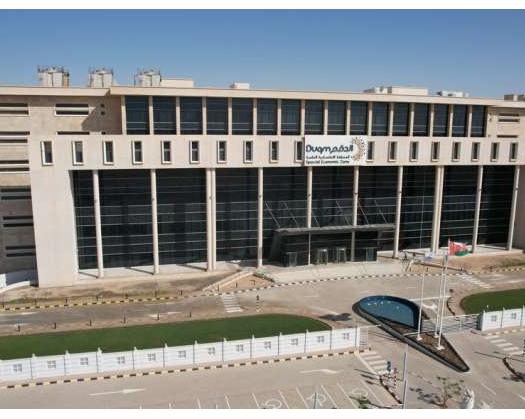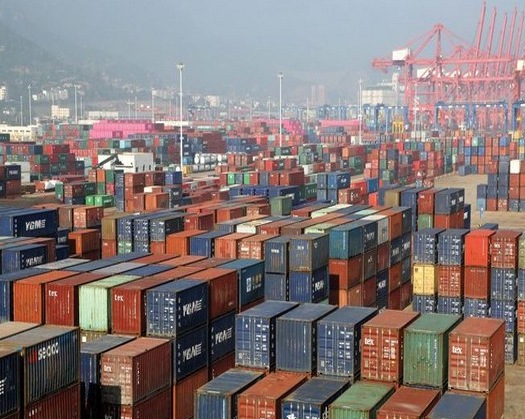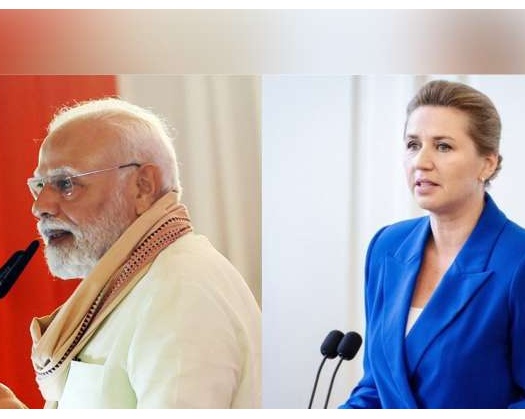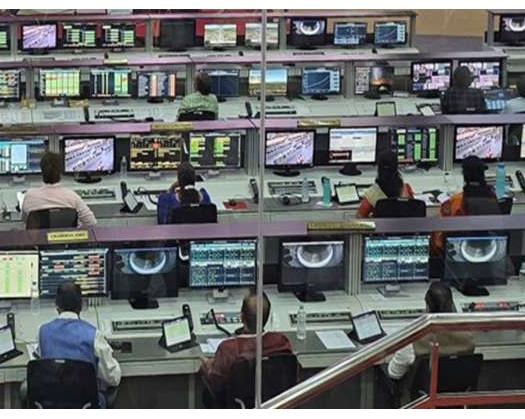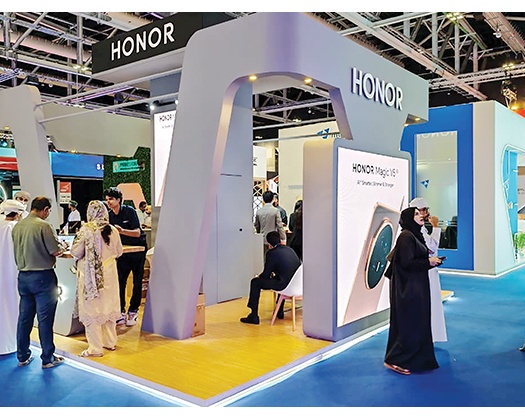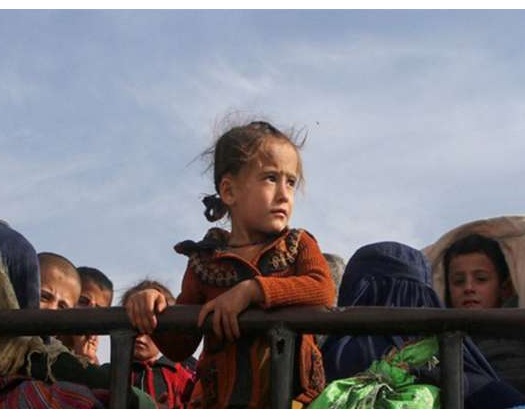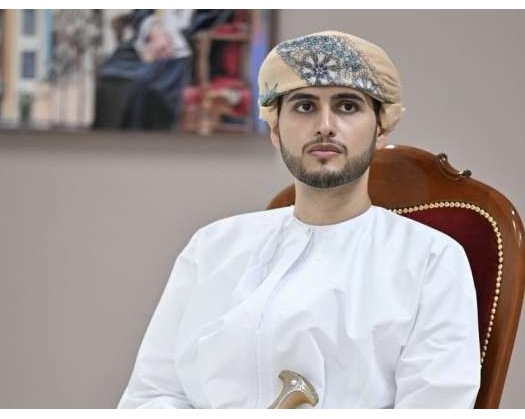Duqm: The circular economy is emerging as a viable avenue for promoting sustainable economic growth, with global projections indicating it could yield up to $4.5 trillion in economic advantages by 2030.
The Sultanate of Oman is increasingly emphasizing this strategy as part of its initiatives to attain carbon neutrality by 2050. The Special Economic Zone at Duqm (Sezad) is leading the way in adopting this model, owing to its comprehensive infrastructure and logistical services that enhance industrial integration, minimize waste, and improve efficiency.
Next week, Sezad will conduct a dialogue session titled "The New System: Duqm's Case for a Circular Economy," featuring various experts. The session will address financing challenges, policy frameworks, and practical implementation strategies for circular models. This is particularly pertinent in light of the significant fluctuations in raw material prices and the instability in global trade that traditional supply chains are experiencing. It underscores the necessity of designing products for reuse and recovery as a strategic choice for businesses.
Eng. Ahmed Ali Akaak, CEO of Sezad, highlighted that the dedication of industries operating within the zone to circular economy principles is crucial for enhancing their competitiveness in international markets. This is especially relevant as the European Union prepares to implement stringent sustainability regulations, including digital product passports and the Carbon Border Adjustment Mechanism (CBAM).
In a statement to the Oman News Agency, he further noted that the circular economy has transitioned from being a secondary consideration to a fundamental element for the success of industrial exports and for reinforcing Duqm's status as a regional and global center for sustainable investments.

